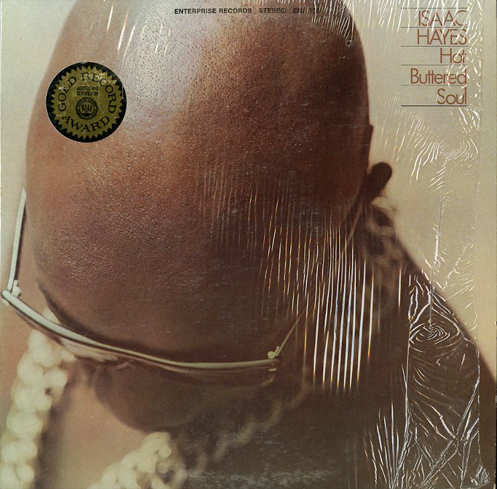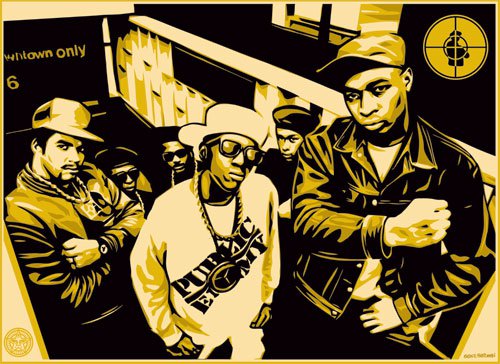
There was this one song that we created, called 'Public Enemy Number One', which was kind of like a battle answer to one of the rappers who said we couldn't get down we couldn't make no records and we couldn't DJ. "We were heard within such a small bandwidth, only in the southern part of Queens, but that meant people like Rick Rubin and Russell Simmons got a chance to hear the show. "We were the first ones to create the mix concept for rap records,” Shocklee asserts. Together they mixed some proto‑hip‑hop dub‑plates that helped increase the local popularity of Stephney's night‑time show, and this in turn led to Shocklee and Ridenhour getting their own spin‑off, The Super Special Mix Show in January 1983.

Born Carlton Ridenhour, Chuck had been studying graphic design at Adelphi University on Long Island and DJ'ing at the student radio station WBAU when he and programme director/DJ Bill Stephney hooked up with Shocklee on the basis of their mutual interest in rap and politics. Photo: Steve Double/Retnaĭuring the early '80s, Shocklee recruited Chuck D to be his Spectrum City MC.

Public Enemy was basically an experiment to see what we could get across.” Public Enemy Number Oneįlavor Flav and Chuck D with Security Of The first World, 1988. They were about what I had instilled in him. The early PE records were purely designed for communication, and Chuck D's lyrics were influenced by me. "With rap, you have more words to get across your ideas,” he says, "and that was more appealing to me than singing, because with singing you can only hint at the ideas. Still, it was rap with which Shocklee became infatuated even before the term 'hip‑hop' had been coined, and his burgeoning socio‑political awareness was a driving force behind Public Enemy. Working in a heavy metal record store, he acquainted himself with the likes of Megadeth, Twisted Sister, the Scorpions, Judas Priest and Iron Maiden, which further broadened his musical knowledge while teaching him to be versatile.

Creating his own Spectrum City sound setup, he took whatever gigs came his way. When, during the early‑'70s, a musician friend who lived next door hooked up a turntable to his band's PA, Shocklee was amazed by the sheer volume of what he heard, and listening to the huge sound systems of the major DJs whom he followed around Manhattan then resulted in him opting for the same profession. Still, never did I know that I would ever get involved with making records.” "Music has always been a backdrop to my life,” he says, "and my dad's fascination with the equipment, wiring the entire house with speakers that were connected to multiple amplifiers, led to me fiddling around with electronics, tearing apart speakers and amps to see what makes them tick. But when you can communicate and move people around the world there's another element that's happening.” Early LearningĪ Long Island native, Shocklee grew up during the 1960s listening to the jazz that was piped into every room of the family home by his audiophile father, the African music that he was introduced to by his concert pianist mother (who also coached him on the keyboard), the reggae played by his West Indian grandmother and the soul records that he heard at his cousins' place in Harlem. "Forget about all the bells and whistles, the beads and socially conscious rhymes - everybody can do that. "It was underrated in its ability to communicate,” he continues with regard to the hardcore‑politico outfit. Known for his sonically distinctive production style that introduced raucous, multi‑textured rap, rock and punk sounds to the hip‑hop records of LL Cool J, Big Daddy Kane and EPMD, it was Shocklee's work with Public Enemy that helped elevate the genre to unprecedented heights while transporting the entire pop music scene into previously uncharted territory. "One of the things that's amazing to me is the fact that, over 22 years since Public Enemy were formed, I can still do an interview and people will know about a group that really didn't sell a lot of records,” says Hank Shocklee.

Hank Shocklee's collaboration with Public Enemy brought a new aggression to hip‑hop - both sonically and politically.įlavor Flav knows what time it is.


 0 kommentar(er)
0 kommentar(er)
